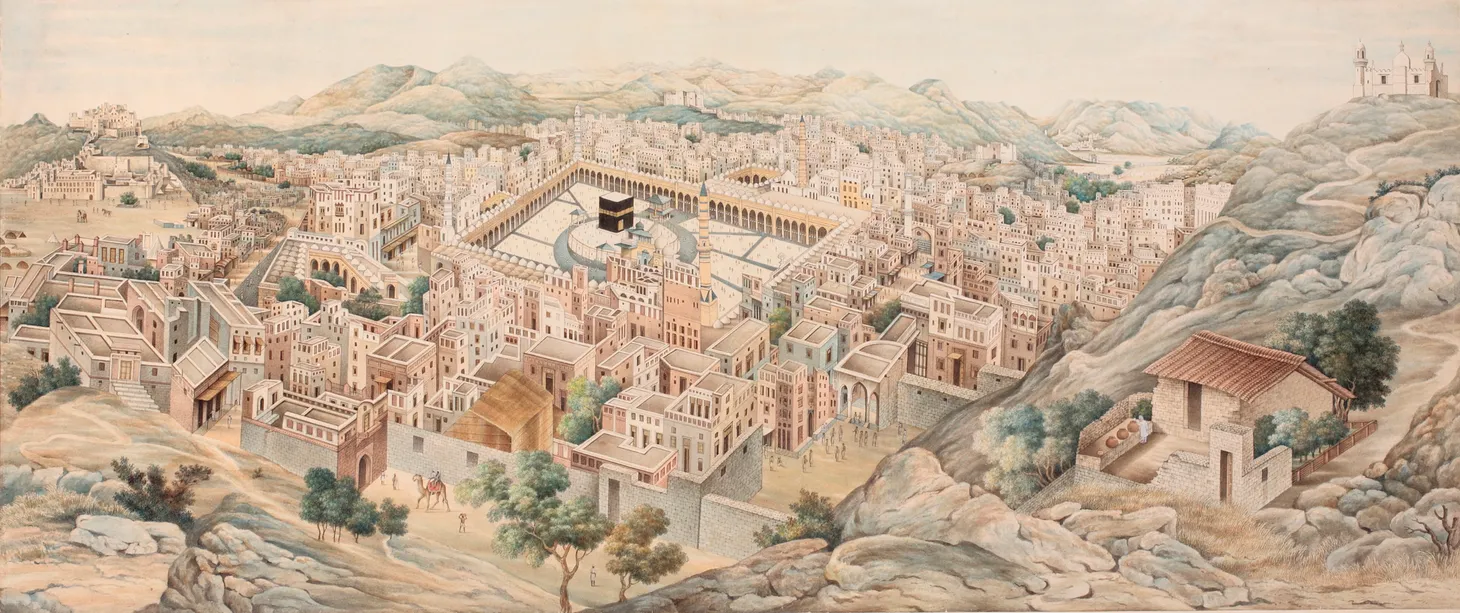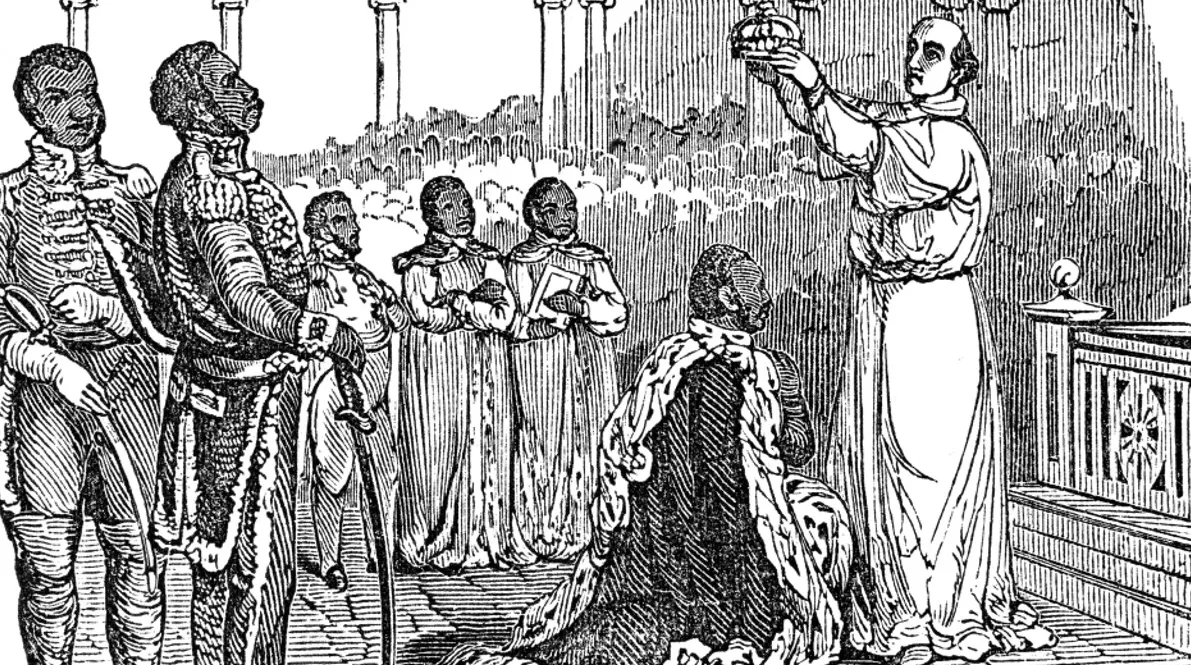AP World Unit 5
“Workmen Constantly Employed”: Teaching Mass Production and Industrialization in the Long Nineteenth Century
A discussion of how to teach the nineteenth-century Industrial Revolution as a global process.
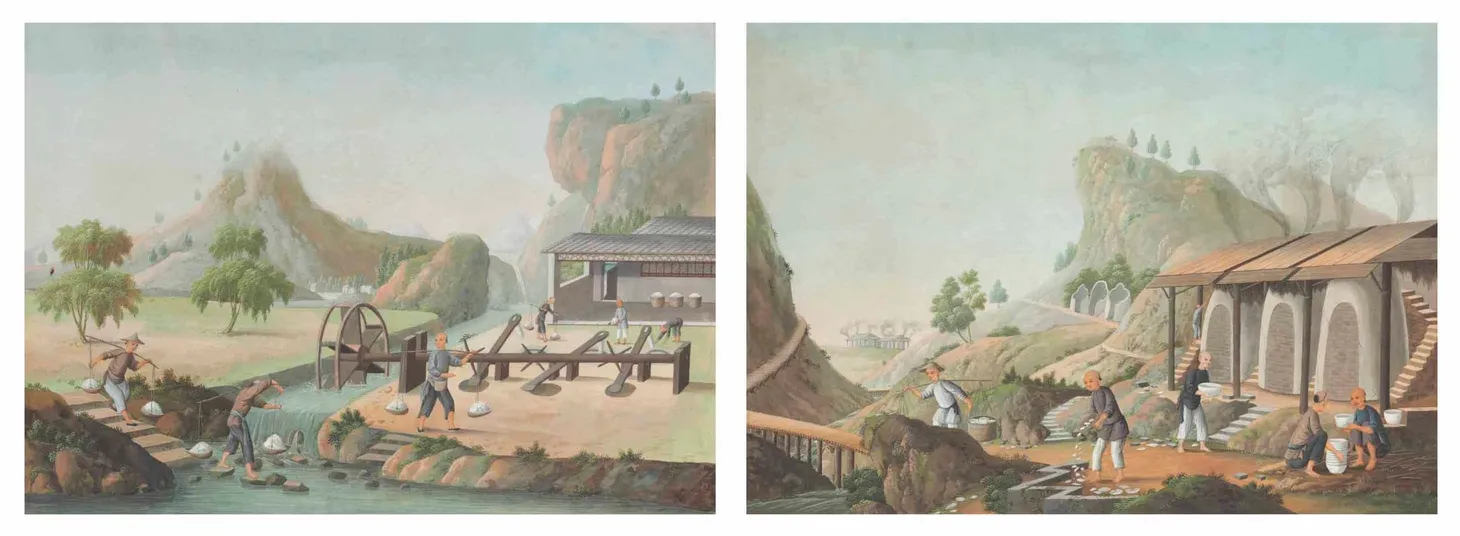
Destruction, Creation, and Preservation: Some Thoughts on Teaching the Haitian Revolution
Some reflections about teaching the Haitian Revolution and a collection of all posts about the revolution.

“Haiti Has Borne the Weight of a Heavy Debt”: Teaching the Long-Term Effects of the Haitian Revolution
Discussion of how to teach the long-term consequences of the Haitian Revolution
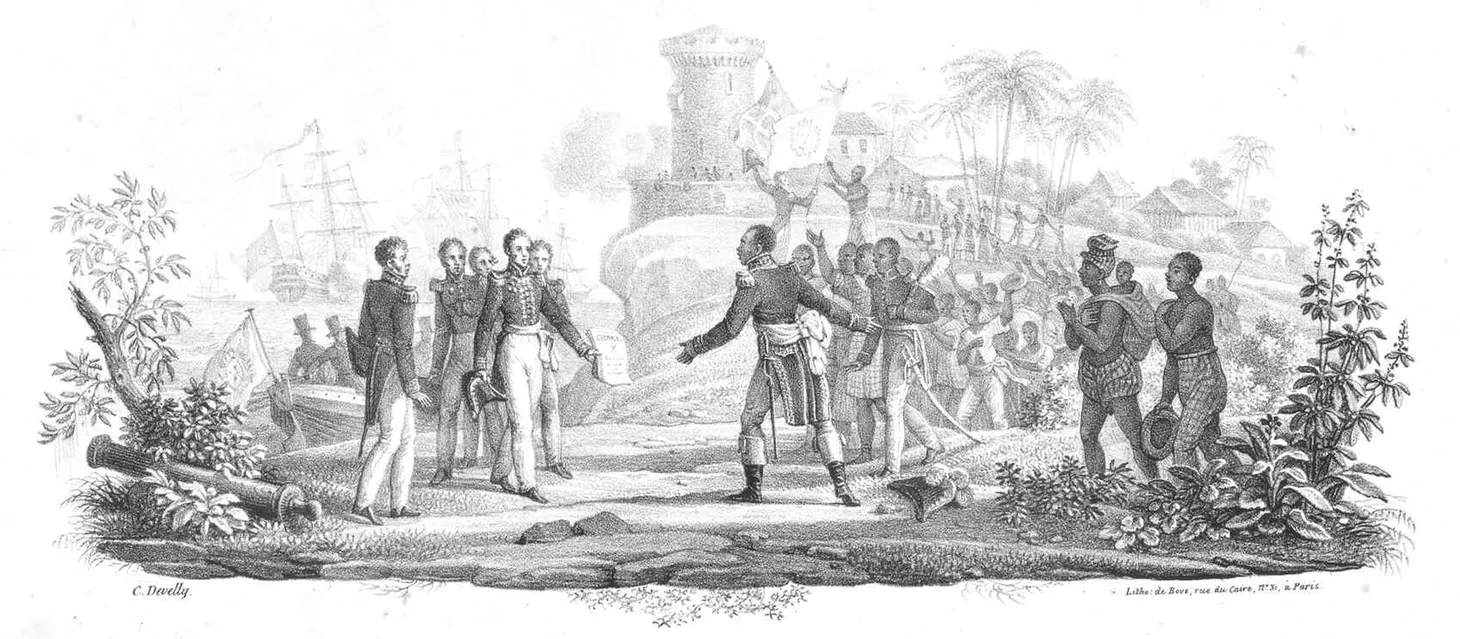
“Those Who Refuse Slavery”: Teaching the Short-Term Effects of the Haitian Revolution
A discussion of teaching the short-term effects of the Haitian Revolution
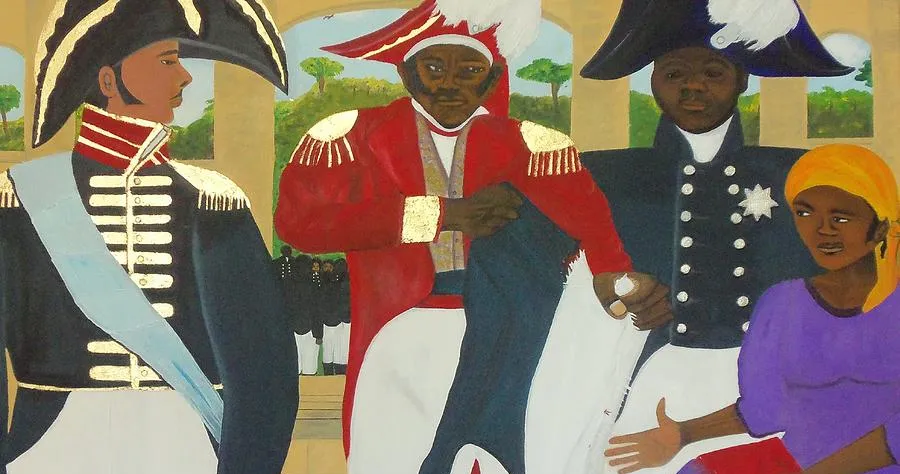
“The Sacred Flame of Liberté”: Teaching the Revolution of the Haitian Revolution
A discussion of teaching the role of women and Toussaint Louverture in the Haitian Revolution.

“Revenge Our Wrongs”: Saint-Domingue Before the Haitian Revolution
A discussion of how to teach Saint-Domingue on the eve of the Haitian Revolution.
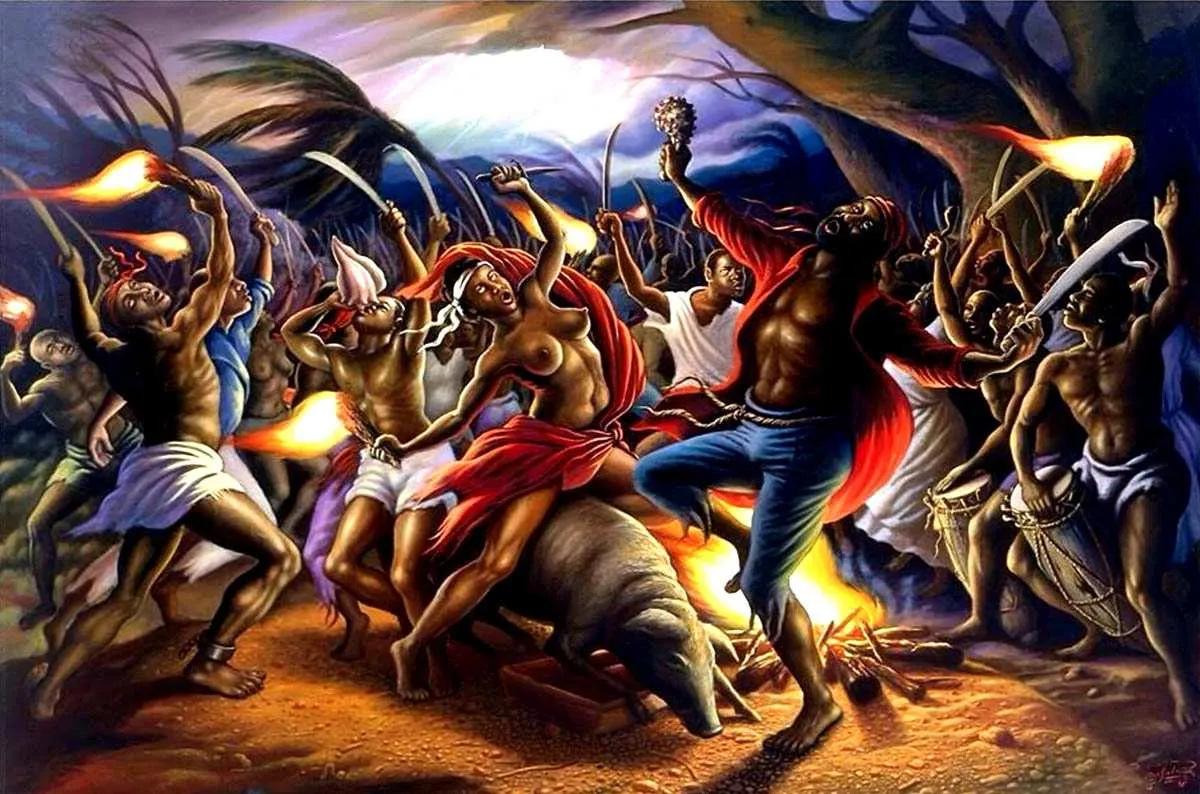
“We Have Dared to be Free”: Teaching the Haitian Revolution
A discussion of how world history teachers can teach the Haitian Revolution to highlight its global significance and legacies.
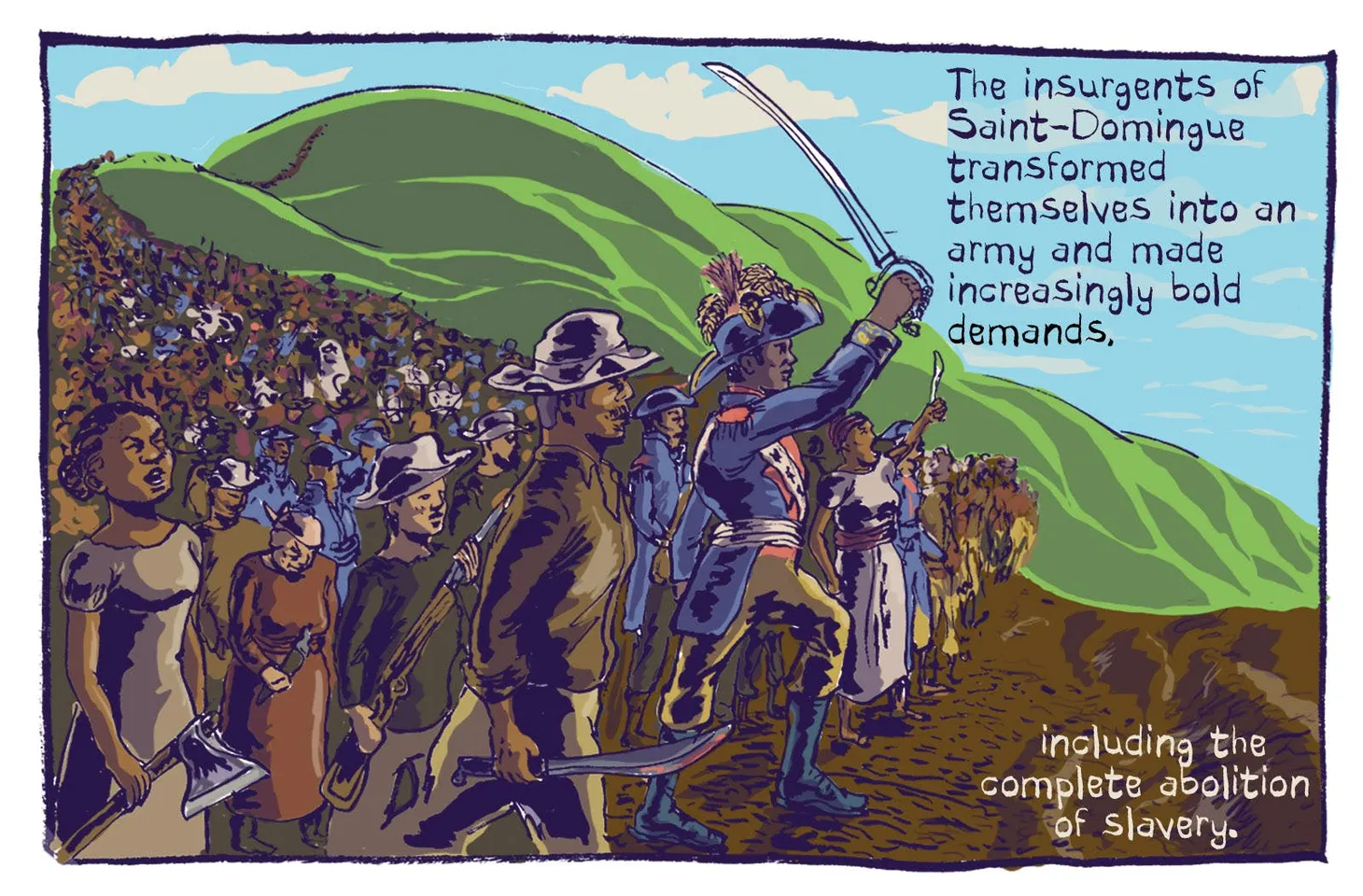
“Fought Against the Army”: Indigenous Americans and Argentina’s “Golden Age” (c.1875 - c.1920)
Discussion of teaching Indigenous Americans in Argentina and Latin America in the nineteenth century
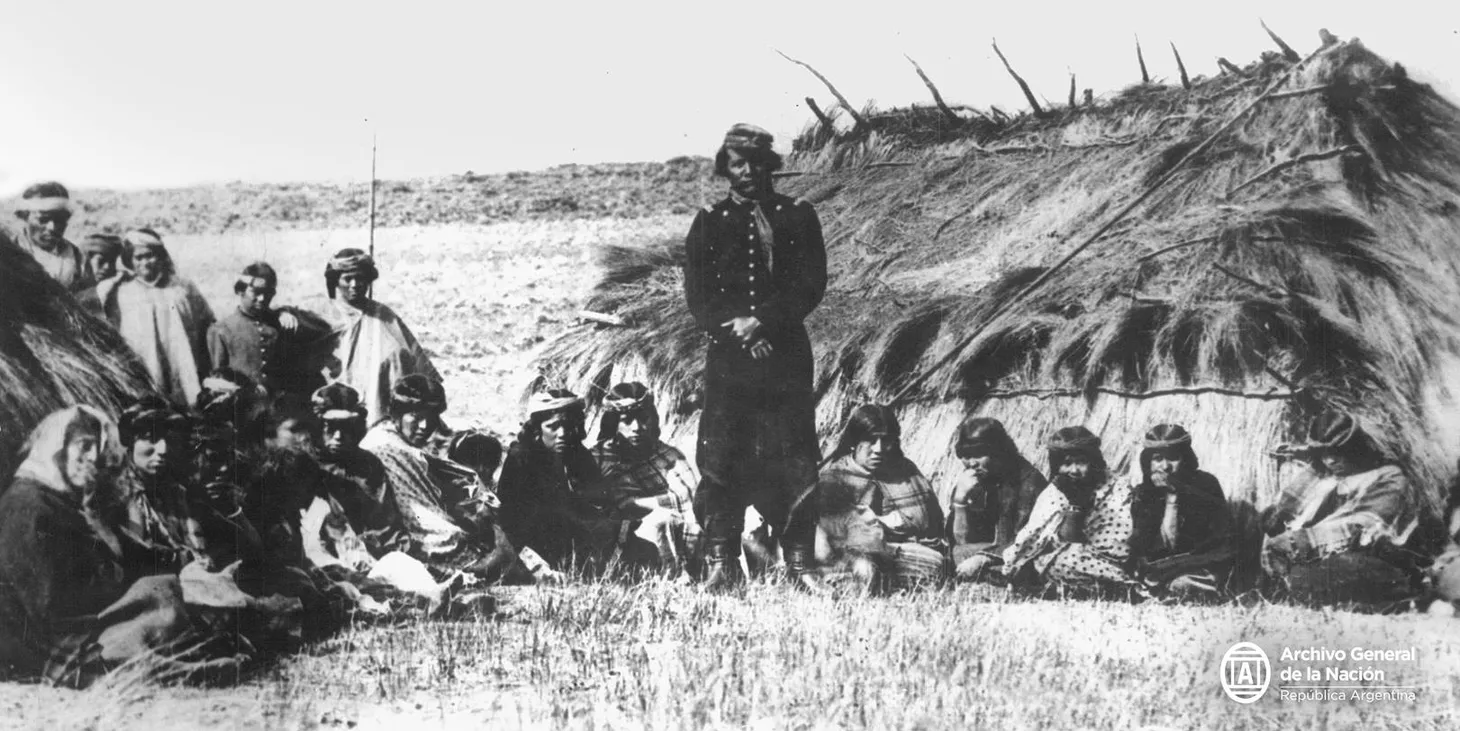
“Filled with Various Races”: The Indian Ocean Exchange Network in the Long Nineteenth Century
A discussion of how to teach the Indian Ocean exchange network in the nineteenth century.
